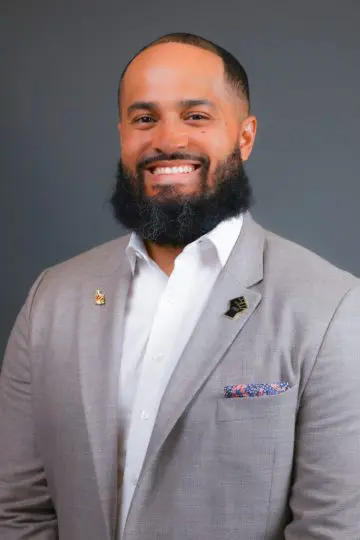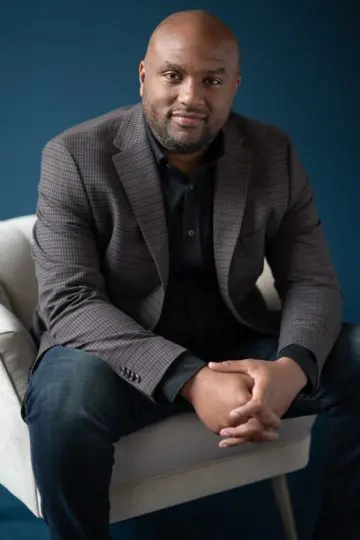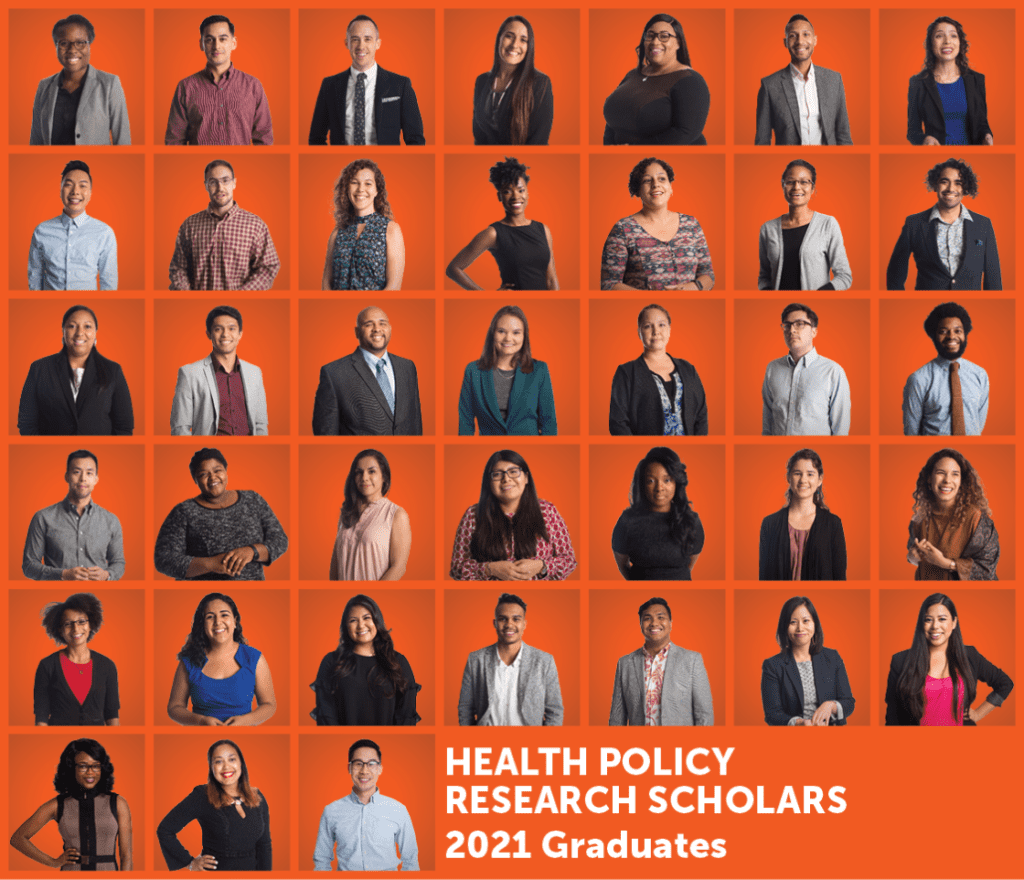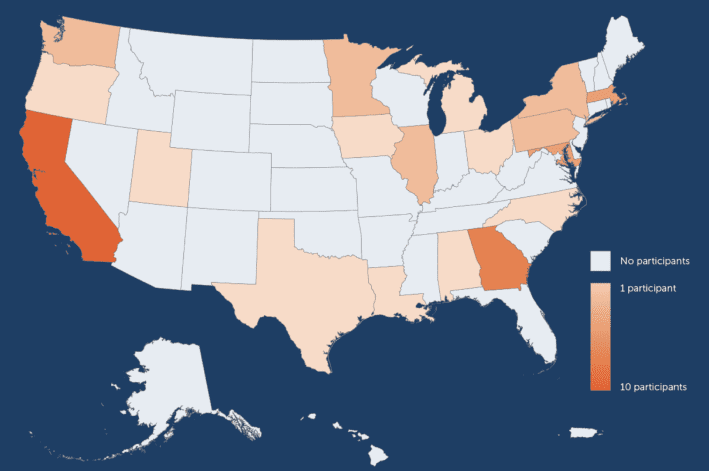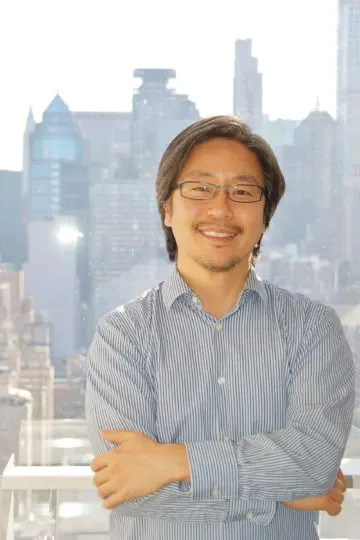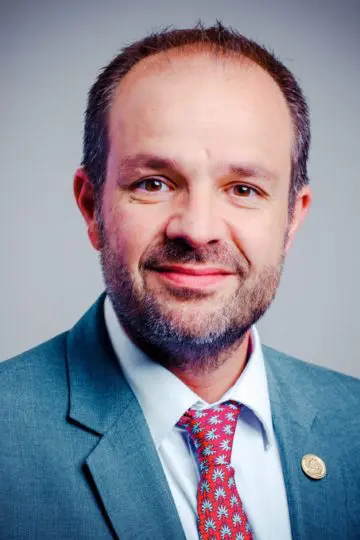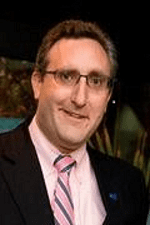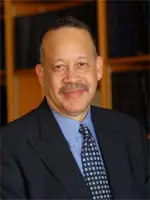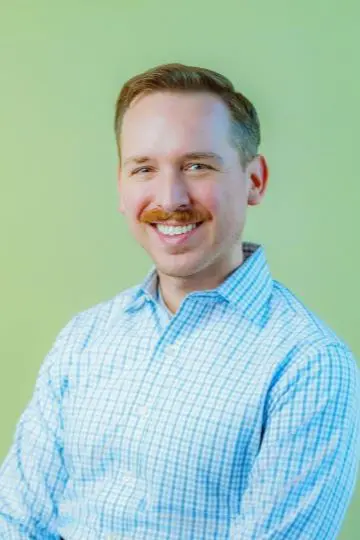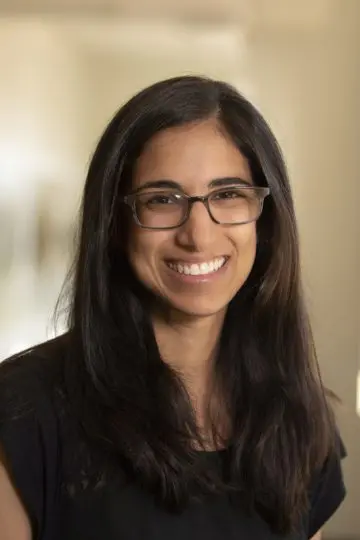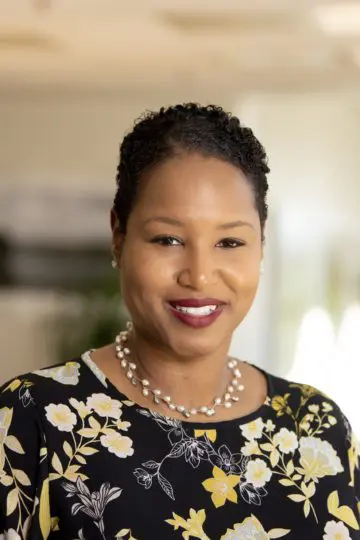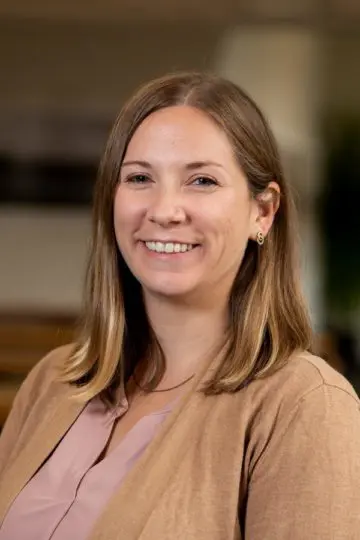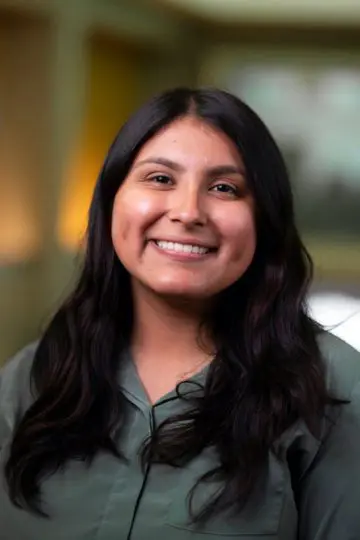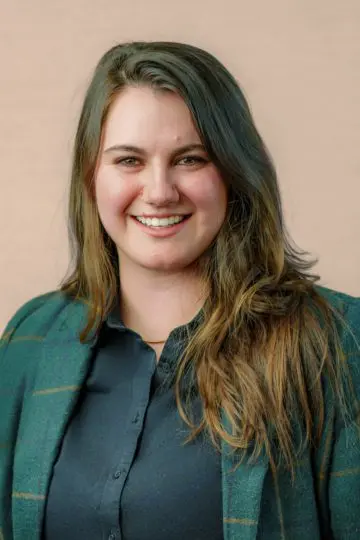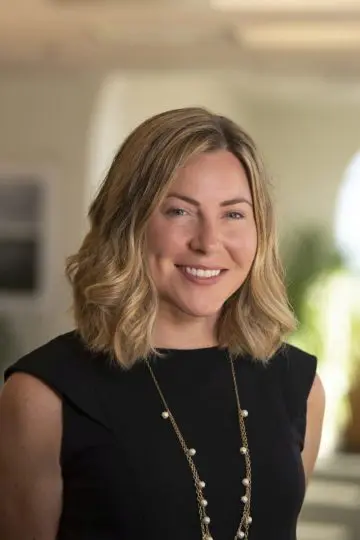How one scholar is using research to reveal the many costs of mass deportation.
Immigration policy has been in the headlines, but for Sarina Rodriguez, a Cohort 8 Health Policy Research Scholar and public health PhD student at the University of California, Merced, its consequences are much closer to home.
Earlier this year, as part of a team led by Dr. Maria-Elena De Trinidad Young, Associate Professor of Public Health at UC Merced, Rodriguez helped conduct nearly 40 interviews that examined the economic and community-level impacts of federal immigration policies in California. They spoke with business owners, elected officials, immigrant advocates, and nonprofit leaders to understand the local impacts of mass deportation.
Rodriguez led a team of other graduate and undergraduate students to conduct the qualitative interviews and contributed to the final report, including important policy recommendations. “Policy influences all of our lives every single day, for better or for worse,” she said. Her work gave the study its human dimension.
The resulting report, published in collaboration with the Bay Area Council Economic Institute and funded by the California Health Care Foundation, found that deporting California’s undocumented workforce would slash $275 billion from the state economy and cost $23.5 billion in annual tax revenue. Major outlets, including the LA Times, NPR, and Bloomberg, covered the story. That headline number was even cited in Governor Newsom’s June 2025 state budget press release.
But Rodriguez is careful to point out that the numbers were never the whole story.
“People talked about labor shortages, yes. But they also talked about what happens to kids when parents are detained, about the fear that keeps people from seeking health care or reporting wage theft. About watching crops rot because there’s no one to harvest them,” she said.
Rodriguez grew up in Sacramento, California. The people she interviewed didn’t feel like case studies; they reminded her of neighbors, family, and home. “It’s not just an area I study,” she said. “These aren’t abstract communities to me.”
The stakeholder interviews, she said, revealed how deportation is already reshaping life in intensely local ways. And how those effects, though devastating, are often invisible to the people making policy.
“The real insight came from people saying: this isn’t hypothetical. It’s already happening. Everyone talks about numbers. But few people ask: What does it feel like to live with the threat of separation every day? What happens to a small town when half the community goes underground?”
The diversity of stakeholders interviewed illuminated the widespread effects of immigration enforcement policies. “Each group brought a different lens with them,” Rodriguez said, noting the research resulted in social and economic considerations for the state.
She described interviews that challenged familiar narratives. An elected official in a relatively conservative community in the Central Valley told her, “I want immigrant to be citizens. I want them to pay taxes. I want them to feel safe.” In another interview, a community leader spoke about the cultural and civic contributions of immigrants, not just labor, but “worldly knowledge,” shared through food, music, and public festivals. She shared that their policy suggestions make a lot of sense and believes many could gain “bipartisan support if we had the political will.”
Rodriguez and the UC Merced team kept their policy recommendations grounded in what interviewees told them: enact a legal pathway to citizenship, limit information sharing between local law enforcement and federal immigration agencies, and expand access to health care and housing support. “We didn’t come up with these ideas,” she articulated. “We documented what people have been calling for.”
What made the report land, she thinks, was the pairing of lived experience with hard data. “You need both. You need the numbers to show the scale of harm, but you also need the stories to show why it matters.”
In June, when the Governor’s office referenced the study while outlining its economic defense against federal immigration policy, it marked a rare moment of visibility for community-engaged research.
“It was validating,” Rodriguez said. “But also, complex. There’s pressure when you see your work show up in a state budget. You want to make sure the people who trusted you with their stories are being honored.”
This study solidified why Rodriguez chose this path. “I think all research is important,” she noted, “but research that touches policy can have such an immediate impact. Right place and right time.”
“I didn’t come to public health just to describe disparities,” she added. “I want to be part of shifting what’s possible for communities like mine.”
For the HPRS community, Rodriguez’s work is an example of how scholars are shaping public narratives and influencing policy outcomes in real-time. The study’s findings come during the first year of a new presidential term, as immigration rhetoric intensifies and federal action remains hostile towards immigrant communities.
Rodriguez said HPRS gave her the space and support to pursue research that’s directly tied to community well-being and structural change.
Next year, the UC Merced team plans to conduct a second round of interviews to track how conditions are shifting. “Things are changing quickly,” she said. “Even stories we collected in January already feel outdated.” Rodriguez is also exploring how this work will inform her dissertation and future policy work.
Still, one message keeps surfacing.
“People know what’s happening. They’ve been trying to get policymakers to listen. Sometimes our role as researchers is just to make it harder to ignore.”
Acknowledgments
The study was conducted by Dr. Maria-Elena De Trinidad Young’s UC Merced research team in partnership with the Bay Area Council Economic Institute. Dr. Young is the project’s principal investigator and Rodriguez’s HPRS home institution mentor. The research team also included graduate students Sharon Tafolla, and Fabiola Perez-Lua, and undergraduate student Samantha Valle Meraz. The project was funded by the California Health Care Foundation.
Sarina Rodriguez extends her gratitude to the full team, and to every person who shared their story in the study.



